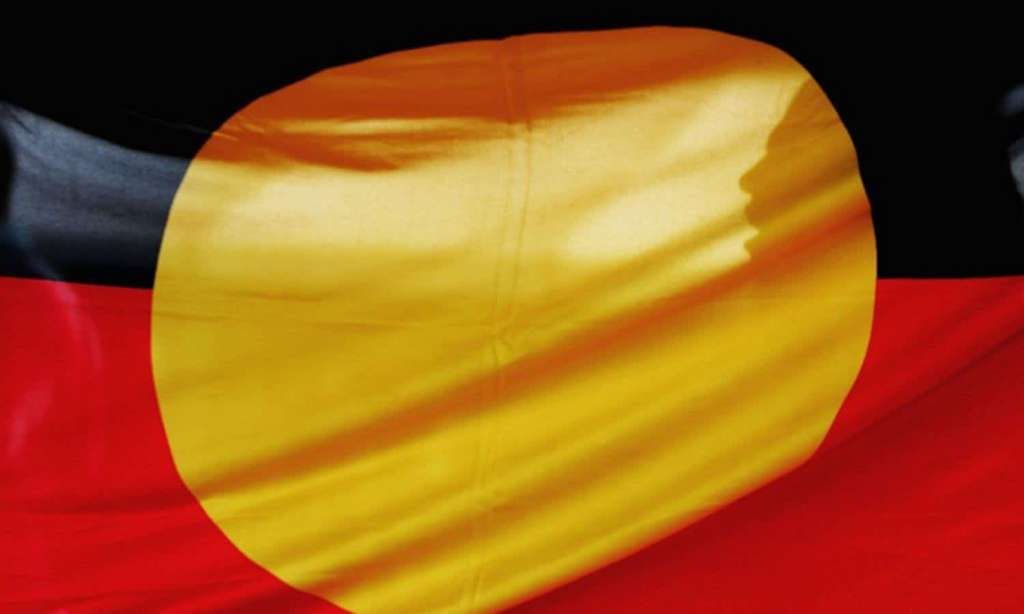At 9:30am on February 13, 2008, government schools in NSW stopped teaching and simultaneously turned their televisions on. Why? That was the exact moment that, long overdue, a Prime Minister of Australia made a formal apology to Australia’s Indigenous peoples — particularly, to the Stolen Generations.
For some, the event is filed under a flashbulb memory — where people can vividly, elaborately and confidently hold memories that they claim they’ll never forget. It usually occurs when people learn of, or experience, a public, emotionally charged event.
Olivia Williams, a Wiradjuri woman and the brainchild behind Instagram account Blak Business, was 11 years old at the time of the 2008 National Apology. Her memory of the event? “I remember after school watching the apology on television, and my mum crying.”
Her memory of the event extends as far as that occurrence, but she remembers “more about that period of time as a young person”. She recalls talking with another Koori girl at school and her speaking about the Stolen Generation, as well as the Aboriginal Liaison Officer talking about it too. “But I didn’t know what this meant for me.”
Looking to gain a greater recollection, Olivia turned to her mum, Louise. Louise told Olivia that her workplace broadcast it live, but she didn’t watch it there and waited to watch it later at home.
“It was a difficult day,” Louise recently told her daughter over the phone. “It was a good acknowledgement of what happened but I worried it would be tokenistic.” She did say she hopes it brought peace for Stolen Generation people.
Another emotion felt? Sadness, over the fact “that a particular way of life, we will never get to know”. Louise pondered over the fact that no doubt, “Our lives would be different if we had been able to grow up in our culture instead of feeling shame.”
The Closing the Gap Strategy was the key policy and funding commitment to come out of the Apology, states The Guardian. Every year since the Prime Minister has delivered a Closing the Gap Statement. In 2018, the publication declared the strategy was behind on its goals and had been declared “effectively abandoned”, according to the coalition of organisations that helped set it up.
In 2020, a new National Agreement on Closing the Gap was finalised by the Morrison Government, after “unprecedented” partnership between governments and Aboriginal and Torres Strait Islander people.
When Olivia was asked about it — still on the phone to her mum, Louise — they agreed that “Closing The Gap doesn’t feel like it belongs to us.” According to her, they rarely hear mob talking about it.
“Closing The Gap feels like something far away, something the government organises, manages and reports on over in their space. I more often hear mob talk about the importance of eating right, and moving, and working hard so that our families and community stay strong; this feels more personal and community-focused,” Olivia said.
As for Stolen Generations — a key point in the Apology — much of the Australian public are unaware that the practice of removing Indigenous children from their homes is still ongoing. In fact, according to NITV, “Aboriginal and Torres Strait Islander children were almost 10 times more likely than non-Indigenous children to be in out of home care in 2019.”
Olivia recommends watching Larissa Behrent’s documentary After The Apology, as it “powerfully addresses the ongoing practices of child removal”. The website states that the documentary follows “four Aboriginal grannies”, who “each face their own battle to challenge government policies to bring their grandkids home”.
If you’re an ally who wants to support or get involved on this day, or throughout the year, Olivia encourages non-Indigenous people to begin, or continue learning about, the Stolen Generations.
While she believes it’s worthwhile listening to Kevin Rudd’s speech, she says to also listen to Aboriginal voices explain their experience.
Resources she (very kindly) provided include information from her own website; Archie Roach’s book Tell Me Why: The Story of My Life and My Music; Jack Charles’ book Jack Charles: A Born-again Blakfella; My Place by Sally Morgan; the music video The Children Came Back by Briggs, featuring Gurrumul and Dwayne Everttsmith; the Bringing Them Home Oral History Project as well as The Archie Roach Stolen Generations Resources.
Read more stories from The Latch and follow us on Facebook.

